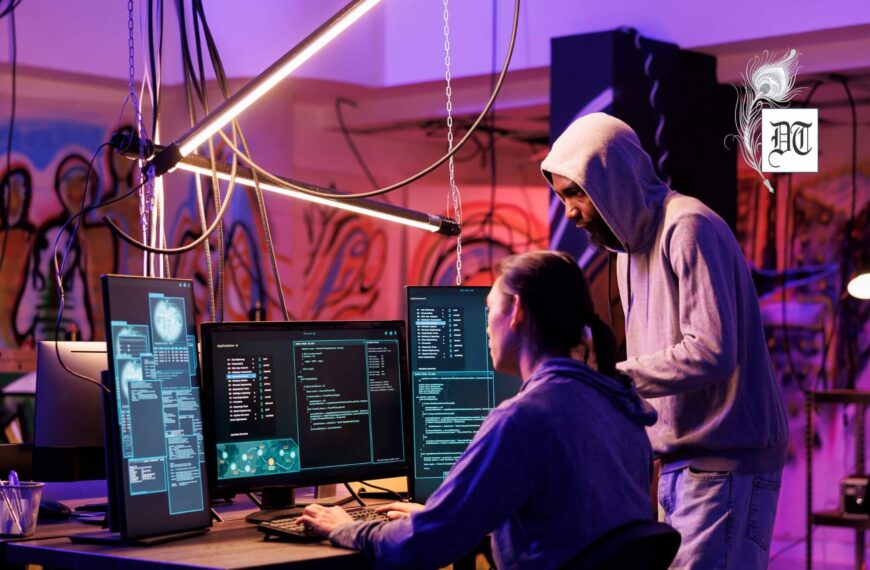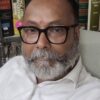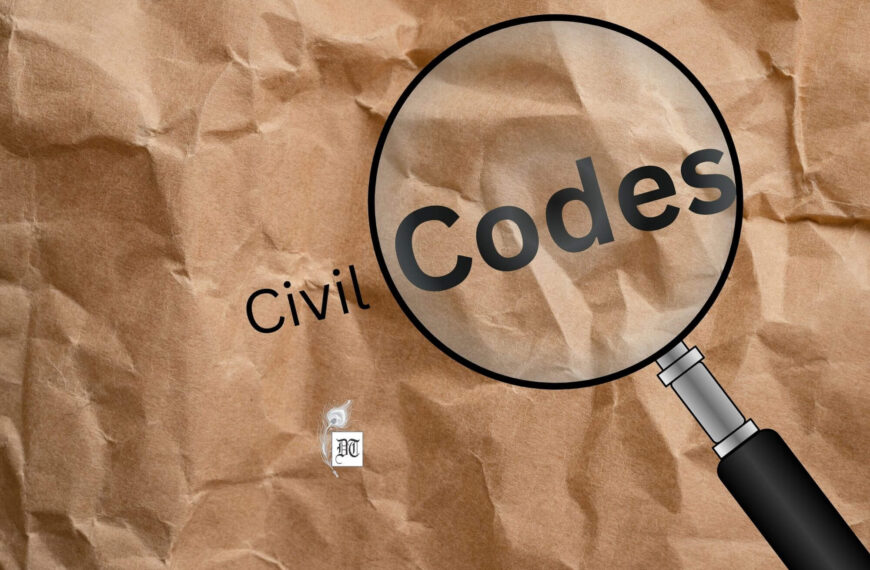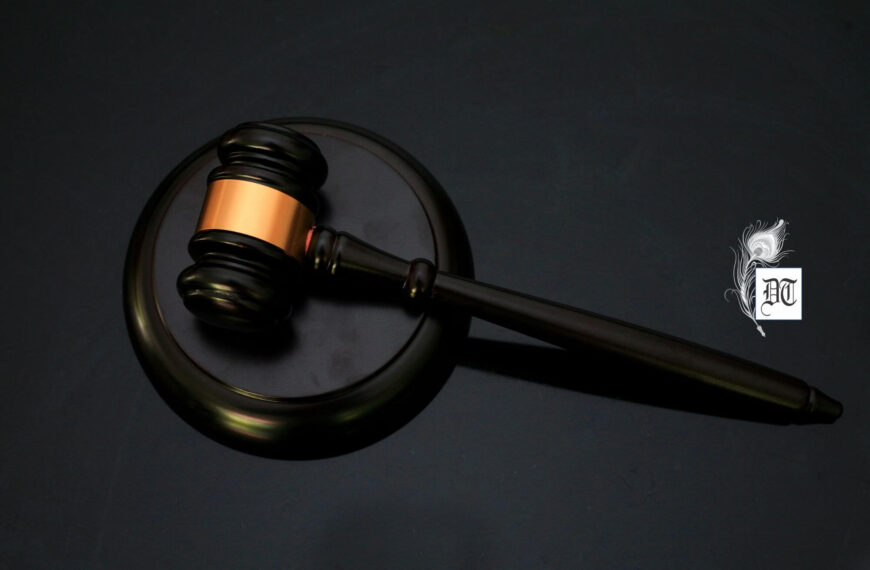Here’s a weekly round-up of the major decisions of the courts in India as also legal policy developments, for Different Truths.
 The much-awaited hearing on late CBI Judge Loya’s death witnessed unexpected drama last week. It was a keenly watched hearing since this matter was supposed to be the trigger for the four senior-most judges of the Supreme Court to call the press conference on 12th January 2018 and inform the media that administration of justice was not in order in Supreme Court. Questions were being asked whether the matter should be heard by Chief Justice of India since doubts were raised about his allocation of cases to ‘preferred benches’ by his brother judges.
The much-awaited hearing on late CBI Judge Loya’s death witnessed unexpected drama last week. It was a keenly watched hearing since this matter was supposed to be the trigger for the four senior-most judges of the Supreme Court to call the press conference on 12th January 2018 and inform the media that administration of justice was not in order in Supreme Court. Questions were being asked whether the matter should be heard by Chief Justice of India since doubts were raised about his allocation of cases to ‘preferred benches’ by his brother judges.
Pursuant to the order of Supreme Court dated 16th January 2018, the matter came up before the bench of Chief Justice Dipak Mishra, Justice A.M. Khanwilkar and Justice D.Y. Chandrachud on 22nd January 2018, wherein two writ petitions seeking the court-monitored investigation into Judge Loya’s death were to be heard. During the hearing, the Petitioners informed the Court that the State of Maharashtra had not given them all documents, who agreed to do so. Maharashtra government told the Court that after reports appeared about suspicious circumstances relating to Judge Loya’s death, a discreet inquiry was conducted by the Government, wherein four judicial officers who were with Judge Loya at the time of his death were spoken to and who conclusively said that there was no foul play and the Judge died of a massive heart attack. The report was then submitted to the Chief Justice of Bombay High Court.
Meanwhile, Dushyant Dave, appearing for Bombay Lawyers Association, sought to intervene in the petition saying that they had evidence to the contrary, and would like to place the evidence on record. He further alleged that Harish Salve, appearing for the State of Maharashtra, also appeared for Amit Shah and therefore has a conflict of interest and should not allow appearing for Maharashtra Government, which resulted in a huge war of words between two senior counsels.
Thereafter, the Supreme Court ordered both the writ petitions pending in Bombay High Court to be transferred to the Supreme Court and ordered that no other High Court would entertain any other petition on this issue. The matter is to be heard next on 02.02.2018.
Judge Loya’s death, surrounding circumstances around it, subsequent events after Caravan’s disclosure as well as the desperate attempts to silence the demand for any independent and fair probe into the case have signalled an almost complete collusion between the executive and some sections of the judiciary to stop the truth from coming out. If a judge handling a politically sensitive case can die suddenly in mysterious circumstances, and no peep can be heard about it, then it is the near end of an independent and fearless judiciary in India. It is for these very reasons that this case has become the rallying point for all lawyers, judges, jurists, and citizens to ensure that the truth of the judge’s death is investigated fairly and swiftly so that no such fear looms over judges handling sensitive or critical matters. One hopes that the Supreme Court does justice to the task that it has taken upon itself, not just to keep the faith of its own judicial officers, but to preserve the public legitimacy in the administration of justice in India.
Major Decisions
 Bombay High Court Struck down Media Gag Order on Sohrabuddin Trial Case: In a much-needed respite to the media, the Bombay High Court struck down the gag order on media to report on the trial of the alleged false encounter of Sohrabuddin Sheikh and two others that were imposed by the CBI judge on 29th November 2017. The said gag order was challenged by nine journalists in the High Court. While quashing the order, the High Court held that the trial court had no power in law to impose such a prohibition and nothing was brought on record to substantiate danger to life and the apprehensions recorded in the trial court order. It further noted that “the press is the most powerful watchdog in the Indian democracy and the interest of the society is in a free press as the press is the eyes and ears of the public who may not have the same access.” Meanwhile, during the pendency of the gag order, 27 out 40 witnesses in the case have turned hostile in the last two months, when the media was prohibited from reporting on the trial. [Brihanmumbai Union of Journalists vs. CBI & Ors., date of order: 24.01.2018, Bombay High Court]
Bombay High Court Struck down Media Gag Order on Sohrabuddin Trial Case: In a much-needed respite to the media, the Bombay High Court struck down the gag order on media to report on the trial of the alleged false encounter of Sohrabuddin Sheikh and two others that were imposed by the CBI judge on 29th November 2017. The said gag order was challenged by nine journalists in the High Court. While quashing the order, the High Court held that the trial court had no power in law to impose such a prohibition and nothing was brought on record to substantiate danger to life and the apprehensions recorded in the trial court order. It further noted that “the press is the most powerful watchdog in the Indian democracy and the interest of the society is in a free press as the press is the eyes and ears of the public who may not have the same access.” Meanwhile, during the pendency of the gag order, 27 out 40 witnesses in the case have turned hostile in the last two months, when the media was prohibited from reporting on the trial. [Brihanmumbai Union of Journalists vs. CBI & Ors., date of order: 24.01.2018, Bombay High Court] - A petition filed in Supreme Court to Exclude Creamy Layer from the Benefit of Reservation: The Supreme Court sought response of the Central Government on a petition filed a group of individuals from Scheduled Castes and Scheduled Tribes seeking to exclude the creamy layer from the benefit of reservations in public education and employment. The Petitioners contend that the benefits of reservation were being siphoned off by the affluent sections of the communities, while the poorer sections, though forming the majority, were unable to avail the same. The petition has asked the Court to direct the Central and the State Governments to issue appropriate instruction and guidelines prescribing parameters and criteria for excluding creamy-layer from SCs and STs. [Samta Andolan Samiti vs. Union of India, Writ Petition (Civil) No. 2 of 2018, date of order: 19.01.2018]
- Pending Litigations on Application of GST to Advocates in High Courts Stayed by Supreme Court: The Supreme Court stayed two pending litigations in Delhi High Court and Chattisgarh High Court that challenged the applicability of Goods and Services Tax (‘GST’) to lawyers, either individually or as law firms. This order came on a transfer petition filed by Union of India seeking the transfer of these cases, and any such other case to Supreme Court, citing the similarity of the issue involved. The Apex Court agreed to hear the transfer petition and issued a notice to the parties in both the pending litigations. [Union of India vs. M/s. J.K. Mittal, Transfer Petition (Civil) No. 2460-2462 of 2017, date of order: 22.01.2018].
 NIA Cannot Investigate into Hadiya’s Marital Status: The Supreme Court categorically stated that National Investigation Agency (‘NIA’) cannot investigate into Hadiya’s marriage, once Hadiya had stated that she consented to the marriage. Once an adult person has married out of her consent, that marriage cannot be questioned. The Court also allowed Hadiya to be impleaded as a party in the case and directed that she should be served a copy of the case papers and can file her reply in the Court within a week of being served. [Shafin Jahan vs. Asokan K.M., Special Leave Petition (Criminal) No. 5777 of 2017, date of order: 23.01.2018]
NIA Cannot Investigate into Hadiya’s Marital Status: The Supreme Court categorically stated that National Investigation Agency (‘NIA’) cannot investigate into Hadiya’s marriage, once Hadiya had stated that she consented to the marriage. Once an adult person has married out of her consent, that marriage cannot be questioned. The Court also allowed Hadiya to be impleaded as a party in the case and directed that she should be served a copy of the case papers and can file her reply in the Court within a week of being served. [Shafin Jahan vs. Asokan K.M., Special Leave Petition (Criminal) No. 5777 of 2017, date of order: 23.01.2018] - Supreme Court Dismissed Petition Seeking SIT Probe into Lawyers Attacking Kanhaiya Kumar at Patiala House: In a surprising instance, the Supreme Court dismissed the petition filed by Kamini Jaiswal that sought a probe by Special Investigation Team into the horrific incidents of lawyers allegedly beating JNU student leader, Kanhaiya Kumar, on 15th and 17th February 2016 at Patiala House Court, when he was being accused of sedition. The Court noted that since two years had passed, there was no reason to continue with the petition, though the Petitioner could file a complaint with Bar Council of India against the accused lawyers. Needless to say, the Apex Court lost another opportunity to reign in gross misconduct on the part of the advocates as well as to set an example of deterrent punishment. [Kamini Jaiswal vs. Union of India, Writ Petition (Criminal) No. 32/2016, date of order: 24.01.2018]
- Final Arguments in Aadhaar Case Continued: The Supreme Court continued to hear the final arguments in Aadhaar matter before its Constitution Bench. The Petitioners’ counsel, Shyam Divan, contended that the Aadhaar project facilitated State surveillance as well as violated the fundamental right to privacy of individuals, which was recently categorically upheld by the Supreme Court. It was specifically argued that the State could build a profile of the individual based on the trail of authentication from which the nature of the citizen’s activity could be determined. Accordingly, by disabling Aadhaar, the State could cause the civil death of the person. [G. Vombatkere & Anr. vs. Union of India & Ors., Writ Petition (Civil) No. 829 of 2013]
- High Courts Barred from Hearing Challenges to the Insolvency and Bankruptcy Code: The Supreme Court barred the Gujarat High Court from hearing a pending petition that challenged the validity of Insolvency and Bankruptcy Code, 2016 as well as the validity of National Company Law Tribunal. However, the Court did not debar the petitioner to challenge the validity of composition of the National Company Law Tribunal and the validity or the constitutionality of the Insolvency and Bankruptcy Code, 2016 before the Supreme Court under Article 32 of the Constitution.
- Prisoners have a Right to Conjugal Visits: In a landmark order, the Madras High Court allowed a convict serving life imprisonment to go on leave to assist his wife in the fertility treatment. While quashing the order of the jail authority to deny the leave, the High Court held that conjugal visits of the spouse of the prisoners were also a right of the prisoner. Conjugal visit leads to strong family bonds and keeps the family functional rather than family becoming dysfunctional due to prolonged isolation and lack of sexual conduct. The High Court then asked the government to constitute a committee to consider the possibility of providing conjugal visits and analyse the merits and demerits of permitting conjugal visits and to provide a facility for the same to eligible prisoners. [ Meharaj vs. State, Habeas Corpus Petition No. 1837 of 2017, date of order: 11.01.2018]
- Institutes’ Power of Discipline Ought to be Proportionate: The Delhi High Court held that while giving autonomy to the educational institutions to maintain its standards and ensure disciplined behaviour by the students, injustice could not be allowed to be meted out to the student. The institution was also expected to treat the student fairly and the process by which it imposed penalties on the student should take into consideration all the relevant factors, including the nature of the alleged act of indiscipline and misconduct. It struck down an order of rustication of a student from Delhi Technological Institute. [Ravi Kumar vs. NCT of Delhi, Writ Petition (Civil) No. 9951 of 2017, date of judgment: 24.01.2018, Delhi High Court]
Prepared by Amritananda Chakravorty and Mihir Samson Delhi based practicing advocates.
©IPA Service
Photos from the Internet
#SupremeCourt #BombayHighCourt #BombayLawyersAssociation #LegalWatch #ConjugalVisitsForPrisoner #DelhiTechnologicalInstitute #BankruptcyCode #LandmarkDecision #JudgeLoya





 By
By
 By
By
